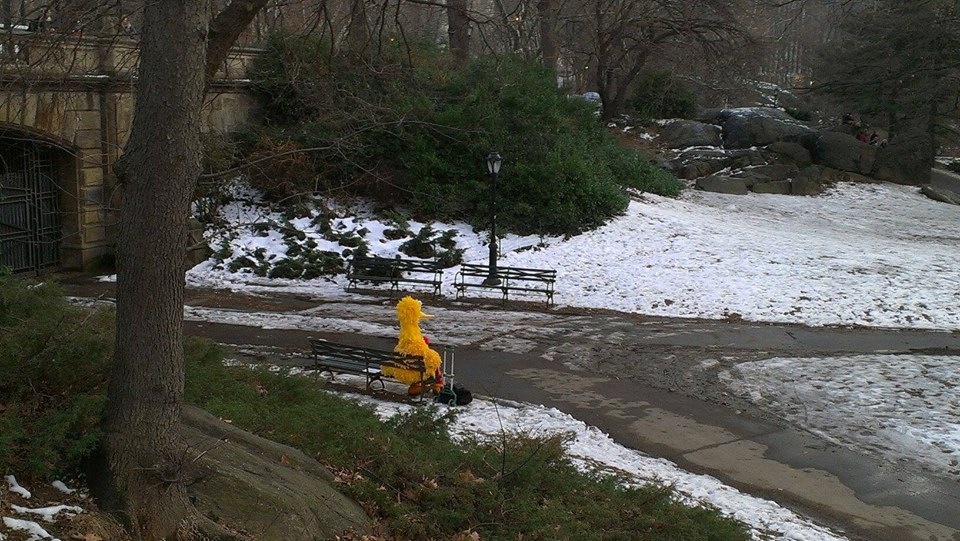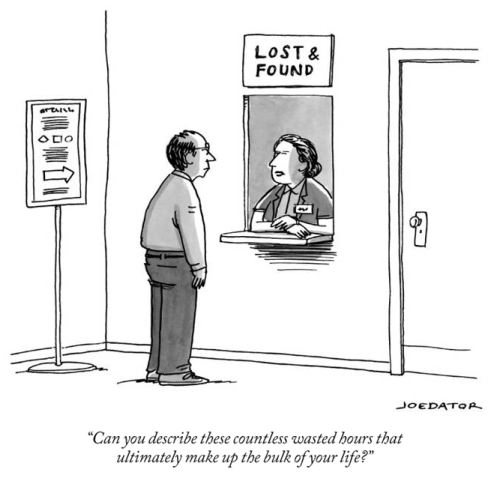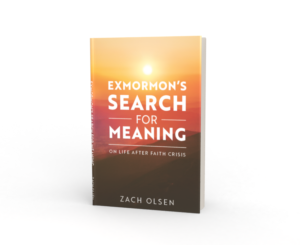Stage one: I finally have the spare time I’ve always wanted to be productive!
Revoking your membership in the cult of productivity does not occur as soon as you’re stuck at home. Initially in quarantine, the mindset that every nanosecond of our lives must be commodified and pointed toward profit and self-improvement gets repurposed at home: organize every room, become an expert chef, write that book, create that podcast and get in shape.
This American hustle-culture is incentivized by the promise of something better — a promotion, a following, a future that’s more promising than the present. But our current level of uncertainty has thrown some doubt on that promise: will there be a future where promotions, followings, or the possibility of one’s personal effort making a difference be possible?
Stage two: Sharpen the saw.
“Give me six hours to chop down a tree and I will spend the first four sharpening the axe,” goes the saying. Maybe you won’t be so aggressive with deliberate self-improvement or capitalizing on more time at home; instead you’ll do some much neglected ‘axe sharpening.’ Pump the breaks. Take a deep breath. This down time will replenish your deteriorated skills of introspection. At the end of this, with a mind more attuned for creative thought and a more solid inner self, eventually you’ll be able to resume the hustle with a more grounded set of expectations for yourself. By being forced to slow down, to spend more time in personal reflection, away from the noise and heave of the world, the quiet time, the privacy and the stillness will provide the opportunity to think about who you are in the service of fine tuning what you want to do and being who you want to be.
Stage Three: Being.
What’s left is to accept things as they are. The notion of taking advantage of the “extra” time and “sharpening the saw” implies some degree of discontentment with the present, which is at odds with the ability to feel equanimity and a sense of calm. What the pandemic has proven is something we have always known but like to ignore: everything can change in a single moment. When we feel there is a high correlation between our decisions and the outcomes we seek, productivity and sharpening the saw make sense. But when something impacts everyone at once, and ruins the most financially prepared, the most risk-averse, and those with the most foresight — as much as the reckless, we feel a sense of powerlessness against the injustice. Fighting against this injustice is really just denial or avoidance of what has always been the truth — we have no control.
The answer isn’t to do nothing; but, rather, to keep on working with undiminished focus and effort even when there will be no external reward or recognition at the finish. In other words, the act of performing a function for its own sake entirely. This mindset quickly whittles down priorities.
Seeking joy in doing things solely for the sake of doing them is not a threat to the future. There is a natural balance, out there somewhere, between fully enjoying the present moment while not putting your future self at risk. As Seneca said:
“Enjoy present pleasures in such a way as not to injure future ones.”
This takes constant calibration as our human brains are always scheming to hijack the present for the sake of amplifying or mitigating the effects that such actions have on our invented selves.
In an effort to just be it makes sense that practicing self-restraint will increase joy. The pleasure we derive from something expands and contracts depending on its context in our minds. When pleasures are more occasional, they’re more pleasurable, and that’s reason enough to limit how often we indulge in them. Of course, all the usual reasons we exercise restraint — to save money, time, health, and the planet — only add to the rewards.
Being quarantined makes being a logical and appropriate objective. I don’t want more accomplishments, more proof, more wins. I don’t want to be more calm, more focused, more “in the moment.” I want to not want anything. No expectations, no reasons, no better or worse, just glorious being.








